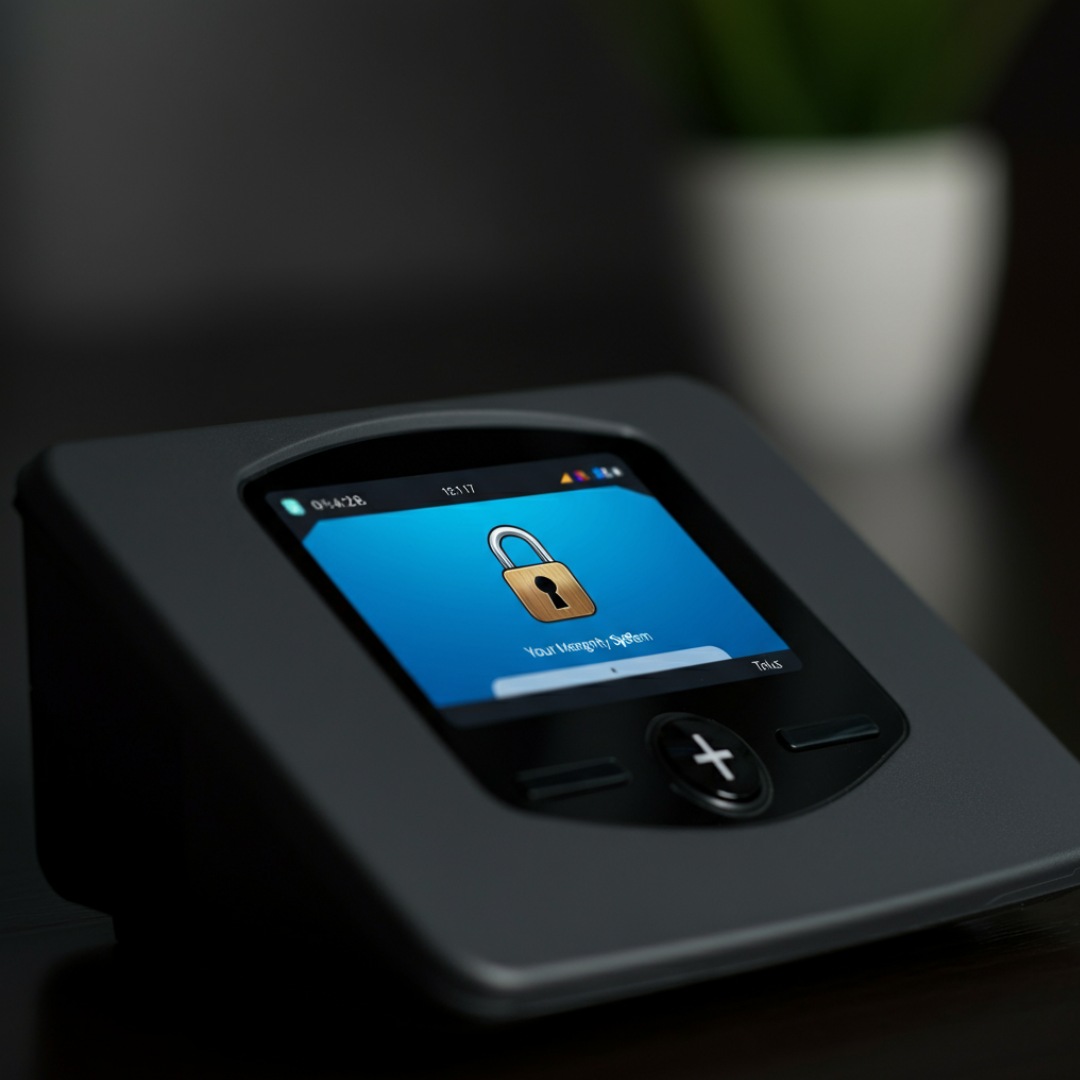Locking your doors or being cautious is enough to protect your home and loved ones. But as technology evolves, so does the sophistication of potential risks. This is why having a security system isn’t just about burglar alarms or cameras—it’s a robust and proactive risk management strategy.
Whether you’re a homeowner, property manager, or just passionate about safety, this article will explain how a reliable home security system does more than safeguard your property; it actively helps you manage risks, minimize losses, and provide peace of mind.
What Does Risk Management Mean?
Before we dive into why a security system is a risk management tool, let’s unpack the term “risk management.” Risk management involves identifying, assessing, and mitigating potential risks to reduce the impact of unforeseen events.
It’s a concept used across industries, from banking to healthcare, but it’s equally applicable to personal spaces like your home. By anticipating potential threats, whether external (like theft) or internal (like fire), you can implement strategies—like installing security systems—to reduce their likelihood or minimize their impact.
With this understanding, it becomes evident that having a home security system is a critical element of a more extensive risk management toolkit.
How Security Systems Mitigate Key Threats
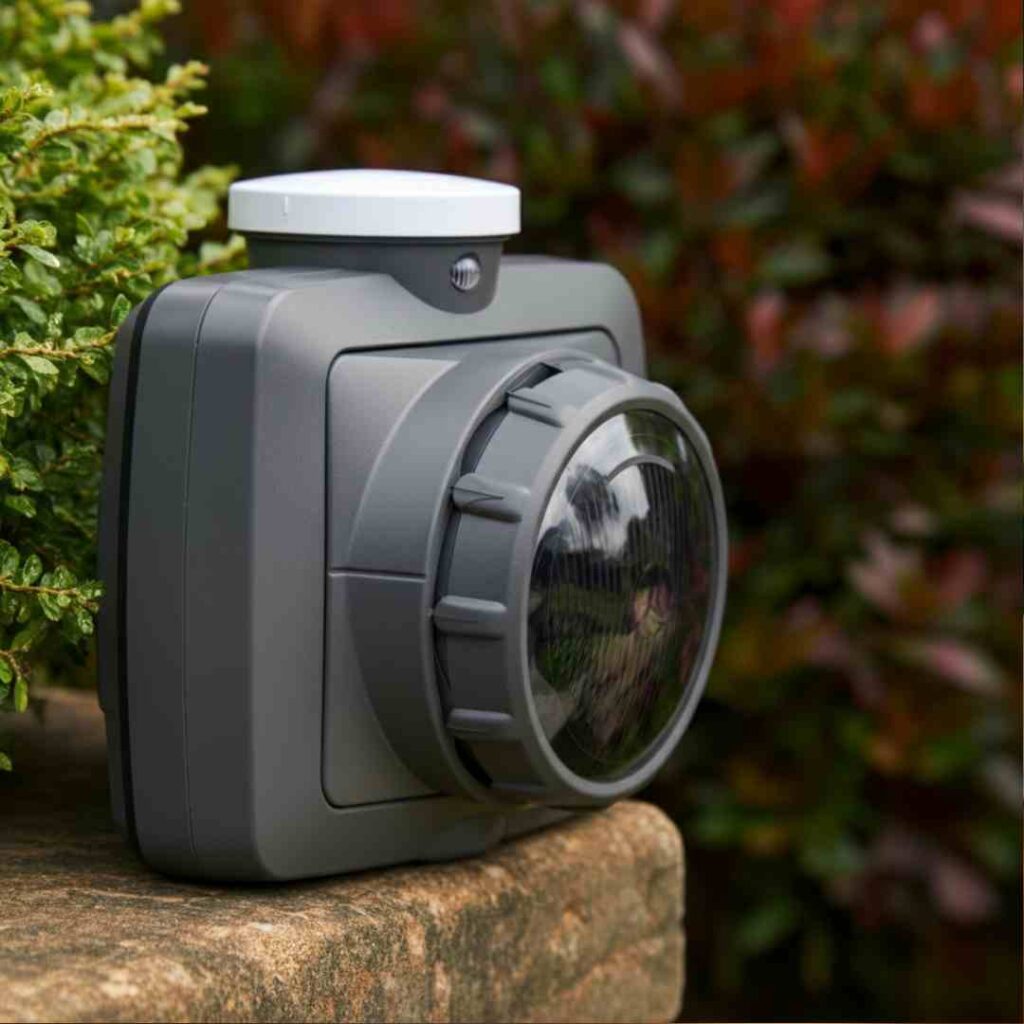
To fully appreciate the connection between home security and risk management, let’s look at how these systems directly address specific vulnerabilities.
Deterring Burglaries and Intrusions
One of the most evident risks to homeowners is the threat of break-ins. According to the FBI, a burglary occurs approximately once every 25 seconds in the United States—that’s over two burglaries per minute. But here’s the good news—homes with security systems are up to 300% less likely to be targeted.
Security systems, including visible cameras, motion sensors, and yard signs, act as powerful deterrents. Potential intruders are far more likely to opt for unprotected homes, reducing the chances of unauthorized entry into your property.
Risk Management Impact
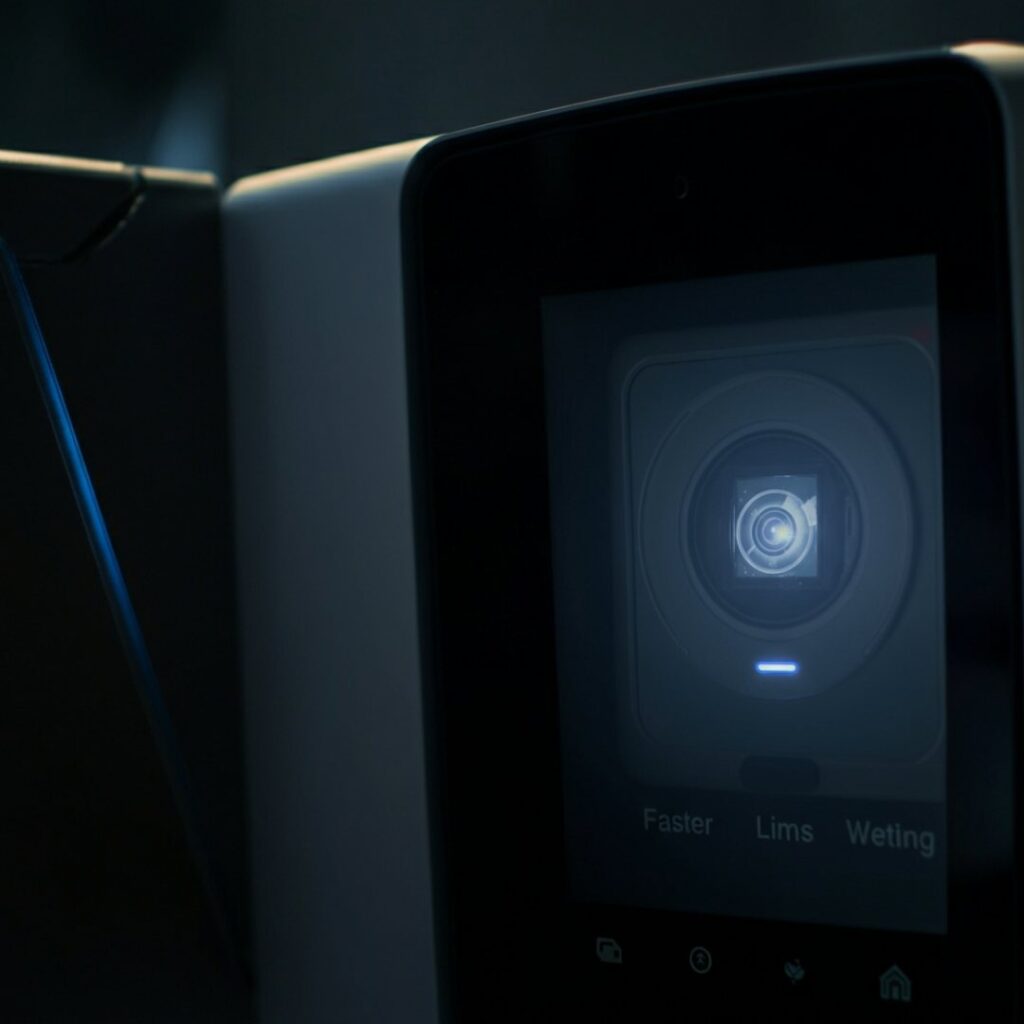
Prevention: Decreased likelihood of intrusion.
Severity Reduction: If a break-in does occur, systems with alarms and alerts allow for swift action, limiting damage or loss.
Protecting Against Fire and Environmental Hazards
It’s easy to think of home security systems as tools for preventing break-ins, but many modern systems include fire and carbon monoxide sensors. These systems are equipped to detect smoke, high temperatures, or harmful gases and can instantly alert you and emergency services.
For Instance:
- A connected smoke alarm can send notifications to your phone, even if you’re not home, while simultaneously dispatching emergency response teams.
- Flood detectors can detect leaks and alert you before extensive damage occurs.
Risk Management Impact
Early Detection: Reduce the risk of significant property damage by catching fires or leaks before they escalate.
Financial Savings: Prevent expensive insurance claims and repair costs due to unchecked environmental hazards.
Monitoring Property in Real Time
If you manage multiple properties or travel frequently, remote monitoring capabilities offered by modern security systems are game changers. Using a mobile app, you can access live feeds, check alarm statuses, and even engage with two-way audio systems from anywhere in the world.
This is a critical way for property managers to ensure all assets are safe without physically visiting each location, saving time while maintaining control.
Risk Management Impact
Control: Continuous oversight reduces the risk of incidents going unnoticed.
Accountability: System logs provide data on any unusual activity, aiding investigations.
Enhancing Emergency Response Times
Timing is everything in an emergency. Advanced security systems often integrate with local police or fire departments, automatically alerting them if an issue arises. This quick response time can mean saving your property or suffering extensive losses.
Risk Management Impact
Swift Action: Faster response reduces damage and leads to better emergency outcomes.
Mitigation: Losing one room to a fire instead of an entire home is a significant win facilitated by immediate action.
Providing a Roadmap for Insurance Benefits
Insurance companies love anything that mitigates risk, and security systems are high on their list. Many insurers offer substantial discounts on homeowners’ insurance premiums for clients with professionally installed security systems.
Beyond savings, a security system can also serve as evidence during claims, making the process smoother.
Risk Management Impact
Cost-effectiveness: Security systems often pay for themselves through reduced premiums.
Claim Support: Recorded events can validate your claims and expedite payouts.
Building Peace of Mind
The psychological impact of risk management is often underrated. Knowing that your property, belongings, and loved ones are protected around the clock has immense value. This peace of mind is priceless for aging populations, those living in high-risk areas, or families with young children.
Risk Management Impact
Confidence: Empowering you to go about your day without constant worry.
Fewer Stress-Related Costs: Reducing stress can minimize indirect financial impacts, like health expenses.
Features That Elevate Security as a Risk Management Tool
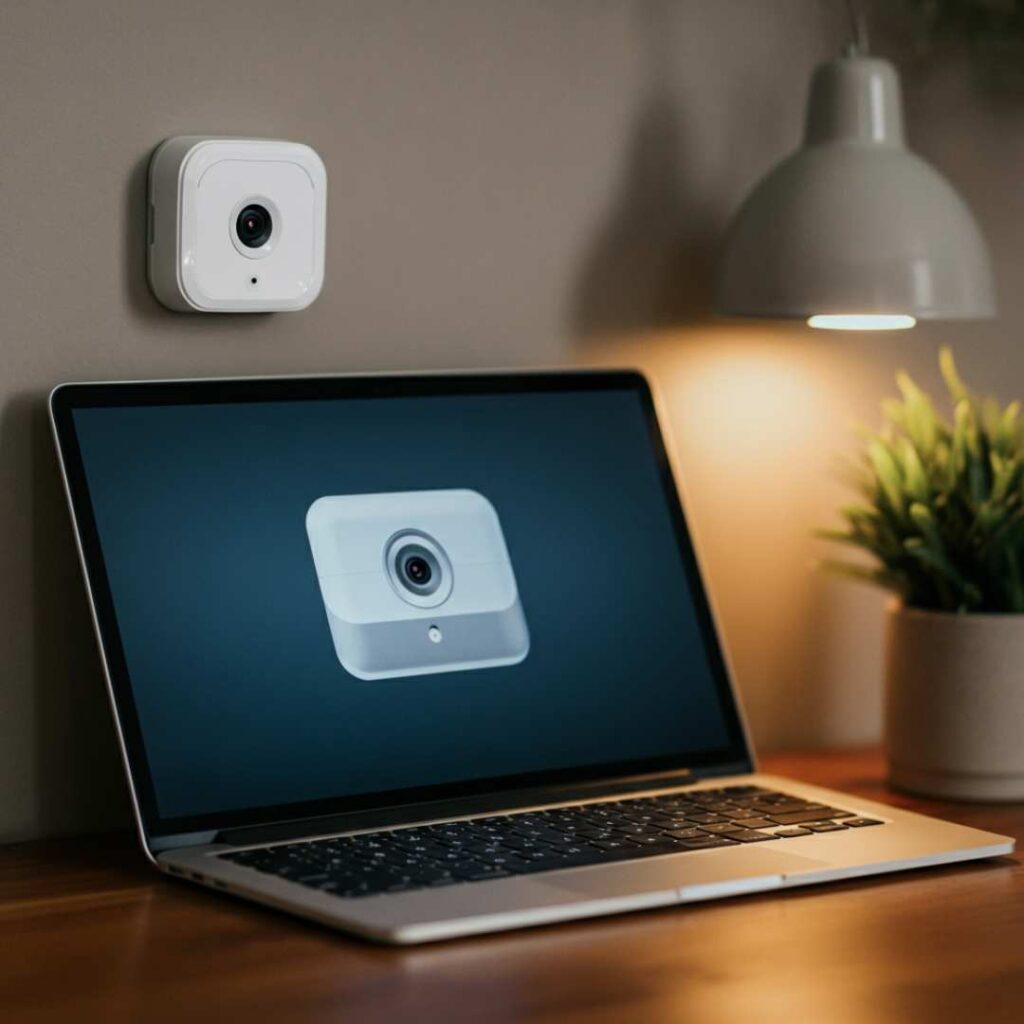
Not all security systems are created equal. To maximize their risk management potential, look for features like:
Smart Integrations: Systems integrating with devices like Amazon Alexa or Google Home allow for better automation and control (e.g., locking doors remotely).
Cloud Storage: Ensures camera footage is safe even if physical data is destroyed.
24/7 Monitoring: Professional monitoring services add an extra layer of protection—someone is always watching, even when you can’t.
Custom Alerts: Tailor notifications to specific situations, like motion detection after midnight.
These features reduce risk—they transform how you interact with your space, combining convenience and safety.
Why Security Systems Are a Long-Term Investment
While DIY security solutions can help reduce upfront costs, professionally installed systems offer better long-term value. Features such as professional monitoring and warranty-backed repairs ensure that your system remains functional over time, saving you money compared to frequent replacements.
Additionally, the financial impact of not having a security system can be immense—lost valuables, property damage, and increased insurance costs all add up.
Safeguard Today, Prevent Tomorrow’s Risks
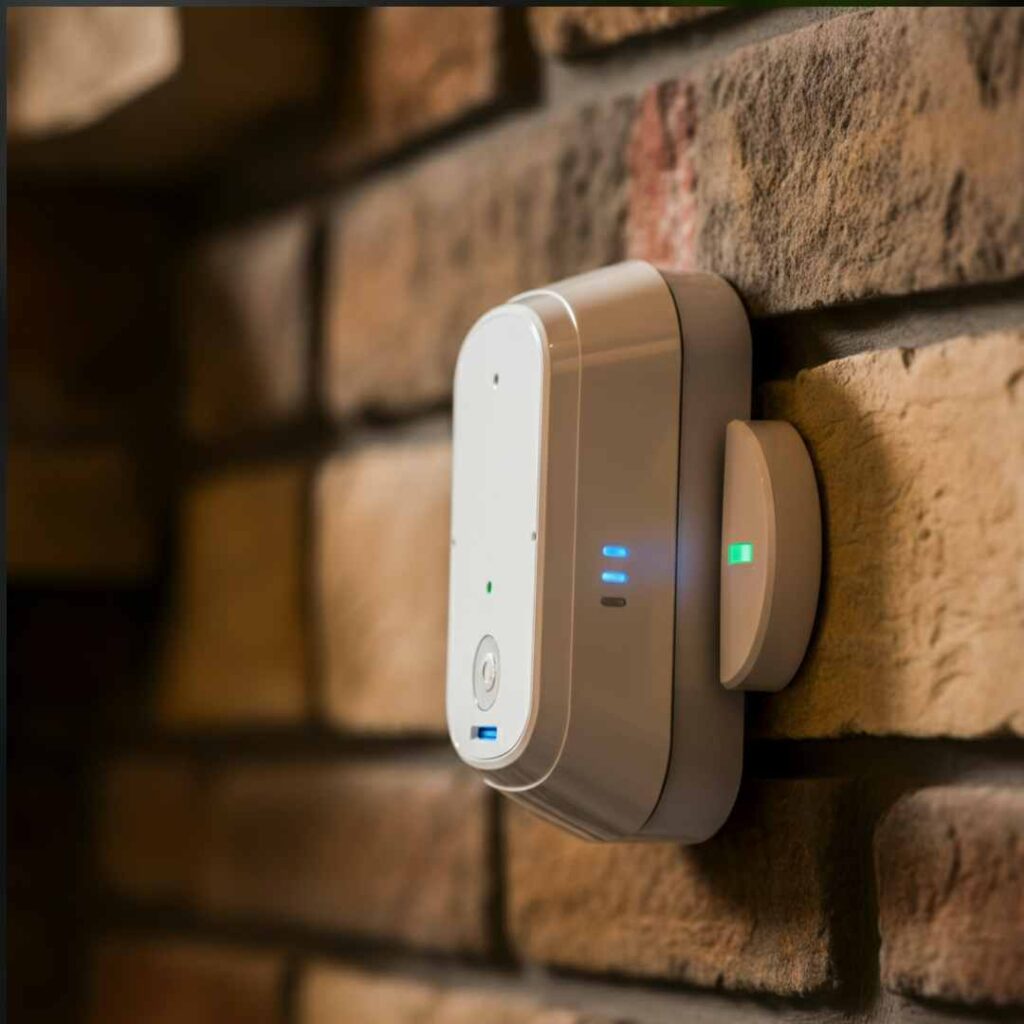
Adopting a home security system isn’t merely a protective measure; it’s a proactive risk management strategy. Whether it’s deterring intruders, preventing environmental damage, or ensuring rapid emergency responses, the value of a well-rounded security system goes far beyond what meets the eye.
It’s not just about protecting what you have—it’s about planning for what you can’t control. By managing risks today, you’re setting yourself up for peace of mind tomorrow.
Invest in your safety. Explore the best home or rental property options and take the first step towards more intelligent risk management.
Final Thought
Security systems have advanced significantly in recent years, and their role as risk management tools cannot be overstated. These systems offer numerous benefits beyond protecting your property, from early detection to remote monitoring capabilities.
Be sure to consider a security system before an incident occurs. Investing in one today means you’re not just safeguarding your assets—you’re proactively managing risks and securing peace of mind for the future. So don’t hesitate – explore the options available and make an informed decision to protect yourself and your loved ones. Remember, it’s always better to be safe than sorry! So take control of your safety with a modern security system today.











